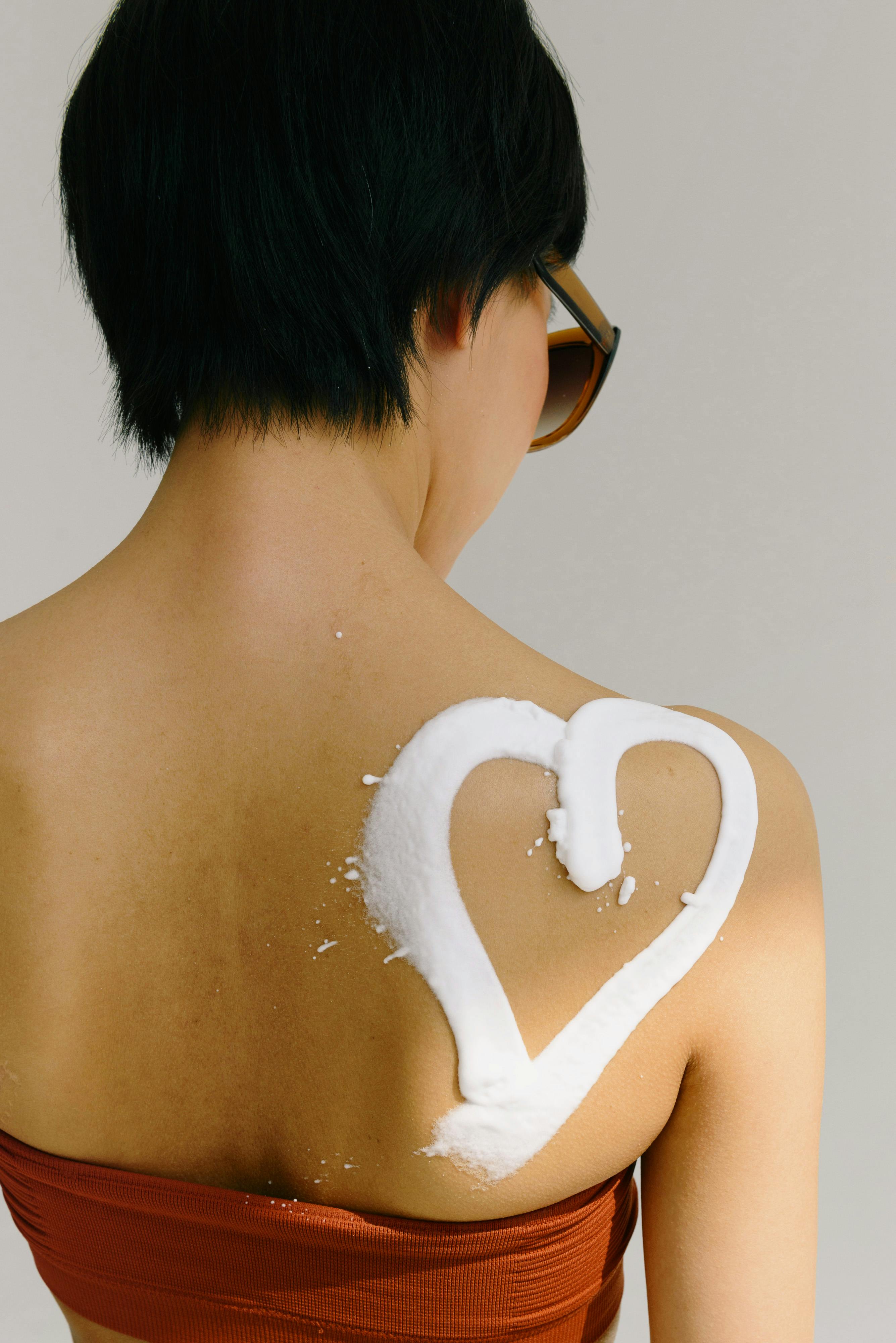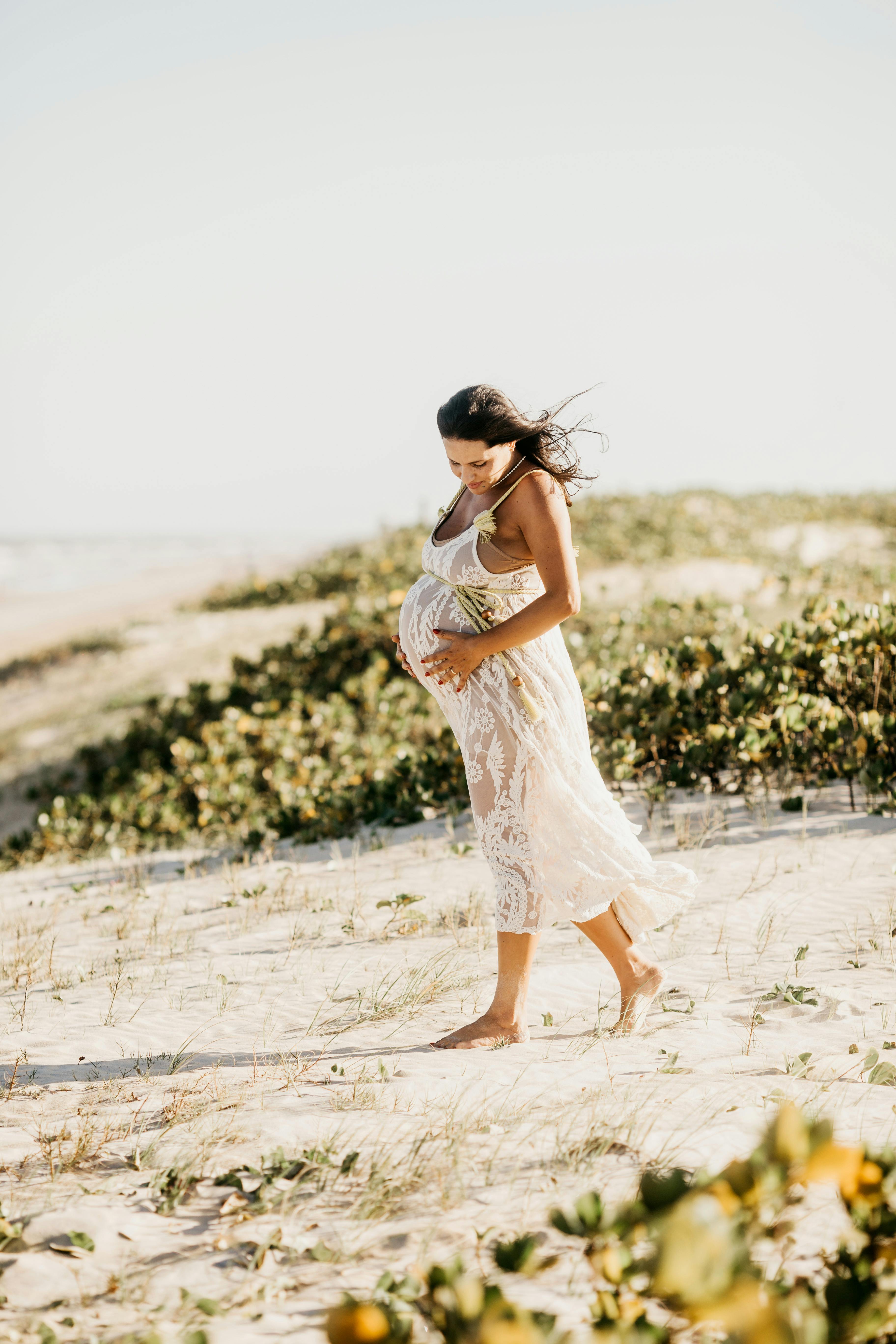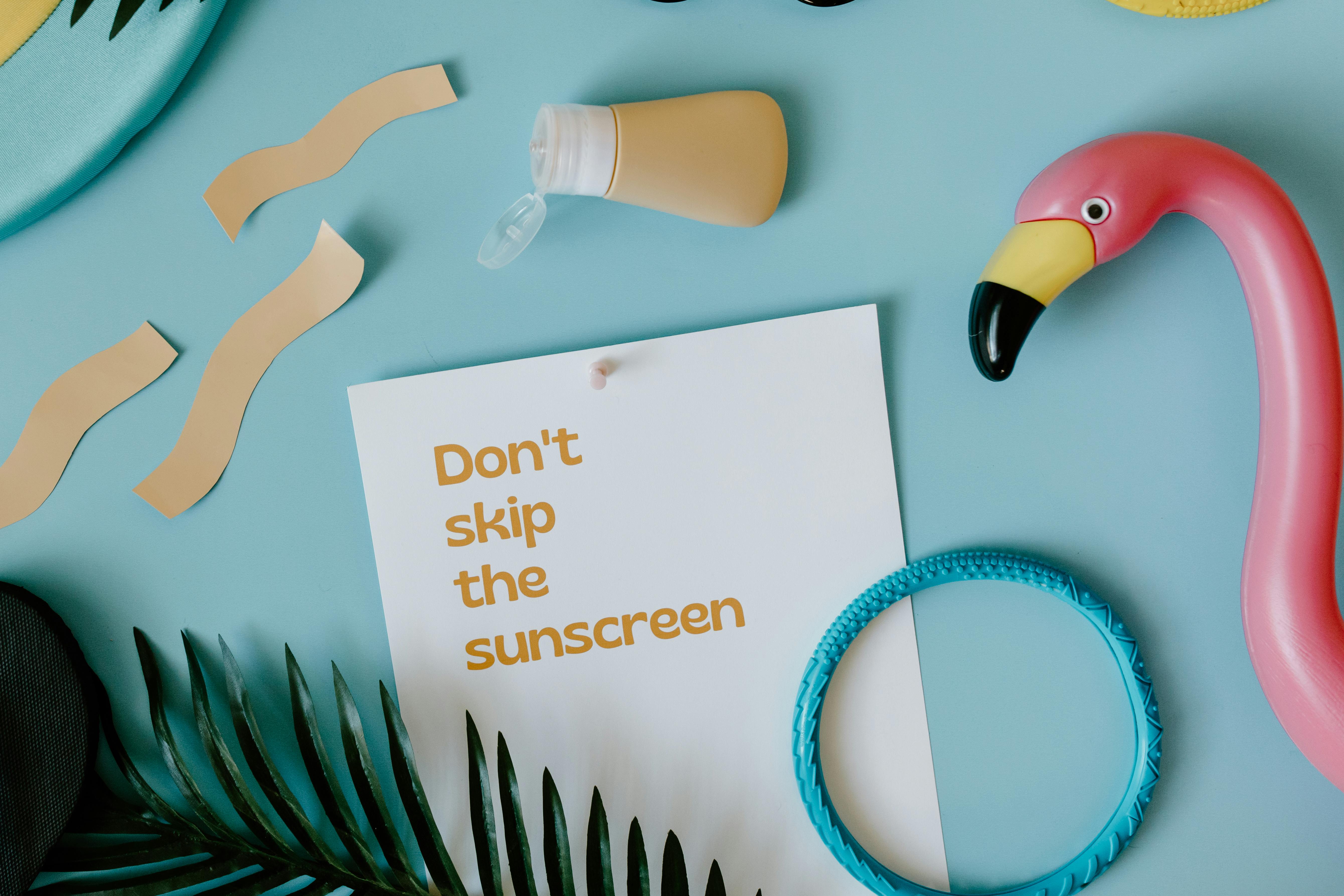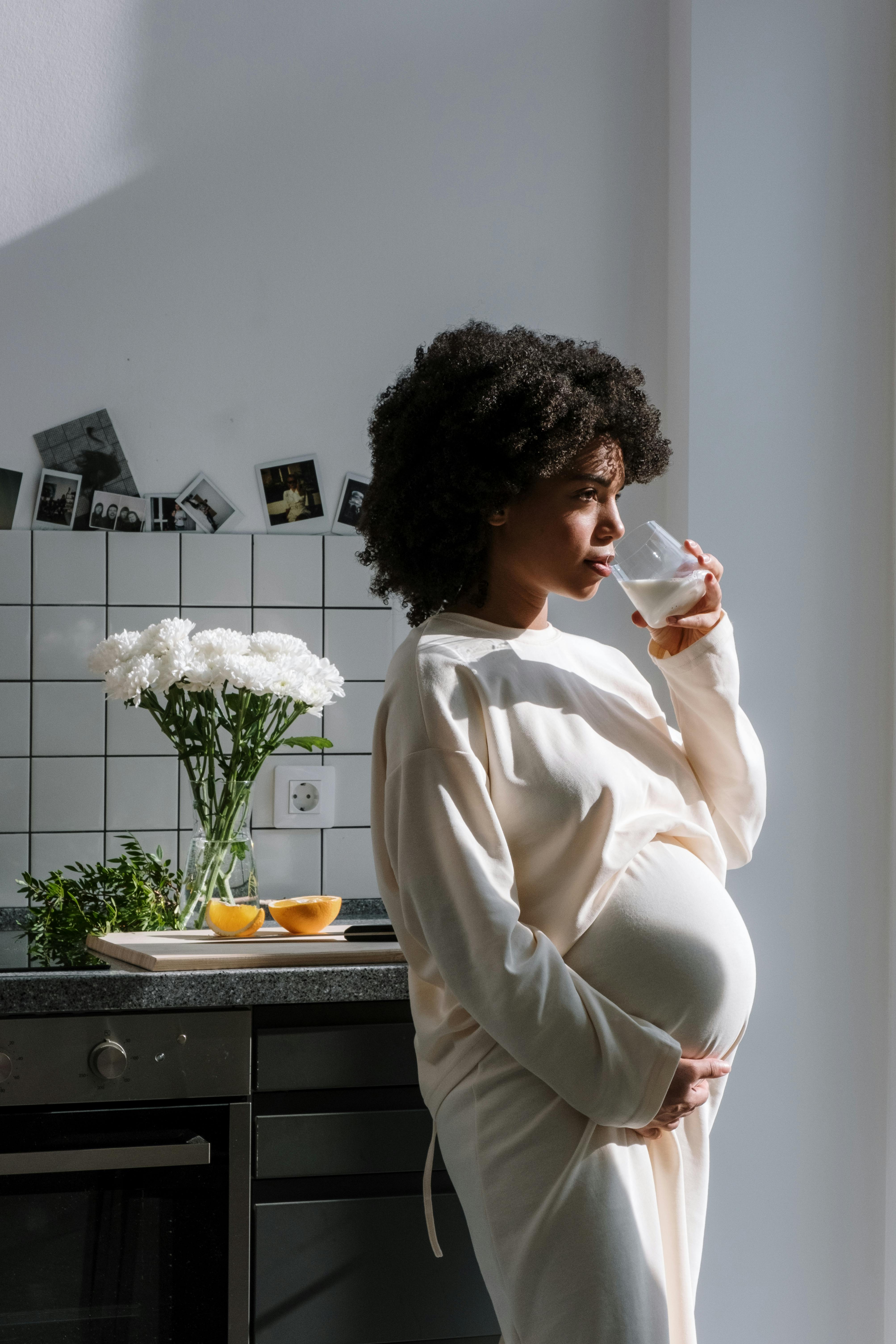Pregnancy comes with a long list of dos and don’ts. And although most expected mothers give priority to food, hydration and tranquility, sun protection often takes a rear seat. However, pregnancy increases skin sensitivity, which means that sun exposure is more likely to cause prenatal sunburn, hyper pigmentation and long -term damage.
But what exactly activates prenatal sunburn, and how can you prevent it without adding stress to your already busy routine? Insight into the ways in which pregnancy changes your skin – and the impact of sun exposure on both you and your baby – is essential to remain protected and comfortable.
What causes prenatal sunburn?
During pregnancy your body will experience an increase in hormones, especially estrogen and progesterone, making your skin more sensitive to sunlight. This hormonal shift increases melanine production, which often leads to melasma, or the ‘pregnancy mask’, where dark spots form on the face and other sun -drenched areas. As a result, even brief sun exposure can activate more quickly, more intense burns than normal.
Moreover, dehydration (already a normal pregnancy challenge) can leave the skin more drier and more vulnerable for UV damage, which enhances the effects of sun exposure. But the concern goes beyond aesthetics. Long -term sun exposure can cause overheating, which is not ideal for an expectant mother, because it increases the risk of dehydration, heat exhaustion and, in extreme cases, premature contractions.
Why you should avoid sunburn during pregnancy

Although sunburn is never ideal, it brings extra risks during pregnancy. Severe burns can increase the body temperature, which causes discomfort and potential complications. Some studies suggest that long -term, unprotected sun exposure can contribute to the breakdown of folic acid, a vital nutrient for the development of the fetal brain and the spinal cord. In addition, as the skin extends to accommodate a growing abdomen, sunburn can worsen irritation, which leads to more discomfort. With these considerations in mind, the goal is not only to prevent prenatal sunburn, but to minimize unnecessary skin stress during what is already a physically demanding time.
View effective tips for sun protection during pregnancy

The good news is that protecting your skin during pregnancy does not require a major revision in lifestyle – just a few mindful adjustments.
#1. Use sunscreen
Sunscreen remains your best line of defense, but choosing the right thing is essential. Mineral sunscreen that contain zinc oxide or titanium dioxide are the safest options, because they are on the skin surface instead of being absorbed in the bloodstream. In contrast to chemical sunscreen, which can contain oxybenzon or avobenzon (possibly harmful during pregnancy), mineral formulas offer a wide -spectrum protection and are gentle for sensitive skin.
#2. Consider timing and wear protective clothing
In addition to sunscreen, timing is important. The rays of the sun are strongest between 10 a.m. and 4 p.m. and limiting direct exposure during these hours can significantly reduce the risk of sunscreen. If being outside is inevitable, lightweight, breathable UV-protective clothing and hats with wide edge excellent shields against heavy rays. Sunglasses with UV-blocking lenses also help to protect delicate skin around the eyes, which is especially susceptible to hyper pigmentation during pregnancy.
#3. Don’t ignore hydration and nutrition
Hydration is another important element in the protection of the sun. Since pregnancy increases the hydration needs of the body, guaranteeing sufficient water intake helps to maintain the resilience of the skin and minimize the dry effects of the sun. In addition to drinking water, with antioxidant-rich foods such as berries, leafy vegetables and nuts, the natural defense of the skin against UV damage can improve. After-Sun Care is just as important as prevention. If you experience mild redness or irritation, applying aloe vera gel or a cooling, pregnancy-safe moisturizer can help calm and restore the skin barrier.
Sun protection all year round: The extra precautionary measure of a pregnant woman
Sun protection is not only a pregnancy problem it is essential all year round. However, expectations of mothers must take extra precautions due to increased skin sensitivity. Although a non-heavy person can occasionally tolerate the sun’s exposure with mild SPF use, pregnancy requires a more diligent approach. The deployment is higher, not only for comfort, but also for the overall health of the skin and fetal development. In contrast to normal solar barrels, pregnant women are encouraged to avoid certain skin care ingredients, such as retinoids, chemical sunscreen and hard exfoliants, making ingredient consciousness even more critical.
Challenges in the protection of the sun during pregnancy

Although prioritizing the protection of the sun is crucial, there are some challenges. Pregnancy -safe sunscreen, especially on mineral -based formulas, often have a thicker consistency and can leave a white waste on the skin, which can be less than ideal for deeper skin tones. In addition, constant herepinery, especially when sweating or spending a longer period of time, can be an additional task in an already tiring routine. Another common misconception is that “natural” means safer; However, not all organic or do -the -yourself -sun screens offer sufficient UV protection. Balance is the key and choosing scientifically supported, pregnancy -safe sun care ensures effective protection without unnecessary risks.
Do prenatal methods work for sunscreen protection methods?

The short answer is yes, if it is done well. Correct sun protection prevents burns, reduces the risk of long -term pigment problems and helps to maintain the overall health of the skin. However, consistency is crucial. A day of skipping sunscreen may not seem like a big problem, but cumulative exposure is correct over time. The combination of sunscreen, shadow, protective clothing and hydration offers the best strategy to keep your skin safe without disturbing your daily life. Although completely avoiding the sun is not realistic, small habits – such as choosing the right SPF, wearing a hat or just looking for shade – can make a considerable difference.
Conclusion
Pregnancy already comes with many adjustments, and although adding a different precautionary measure may seem overwhelming, sun protection is one of the easiest ways to take care of your skin and the overall well -being. Apart from the prevention of sunburn, being aware of UV exposure helps to reduce hyperpigmentation, to maintain a healthy skin barrier and minimize the risk of overheating. These habits not only benefit you during pregnancy, but also extend much further, so that you can guarantee young, healthy skin for years to come. In the end, a little sunscreen and shade go a long way to keep both you and your baby safe and comfortable.
Featured image: David Sims for W Magazine
Follow us on Instagram for the latest fashion, lifestyle and culture on Instagram @Stylerave_
– Read too





